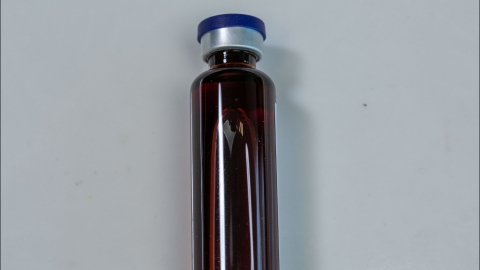Can patients with G6PD deficiency (favism) take Shuanghuanglian oral liquid?
In general, whether patients with glucose-6-phosphate dehydrogenase (G6PD) deficiency (also known as favism) can take Shuanghuanglian oral liquid depends on specific circumstances. If the oral liquid does not contain ingredients contraindicated for G6PD-deficient patients and has been evaluated as safe by a medical professional, it may be used when necessary. However, if it contains prohibited ingredients or if the safety of its components is unclear, it must not be taken to avoid triggering health risks. The detailed analysis is as follows:

If the ingredients in Shuanghuanglian oral liquid are clearly listed and do not include substances that G6PD-deficient patients should avoid, and if the patient's condition requires it, short-term use under professional guidance may be considered, with close monitoring of any bodily reactions during use.
If Shuanghuanglian oral liquid contains ingredients contraindicated for G6PD-deficient patients, or if the ingredient list is unclear and safety cannot be confirmed, it must absolutely not be consumed. Such ingredients may stimulate red blood cells and trigger hemolytic reactions, worsening the condition and posing serious health risks. In such cases, alternative safe medications should be chosen.
To ensure the safety of patients with G6PD deficiency, always carefully check drug ingredient lists before using any medication, and avoid contact with or use of any known contraindicated drugs or foods. Patients should proactively inform healthcare providers of their condition to facilitate appropriate and safe treatment plans.




